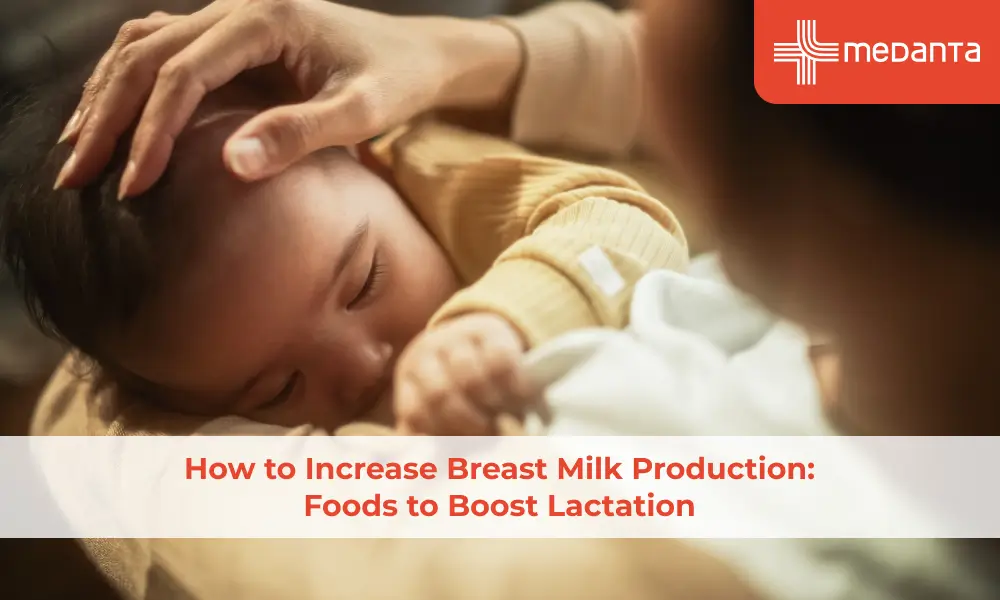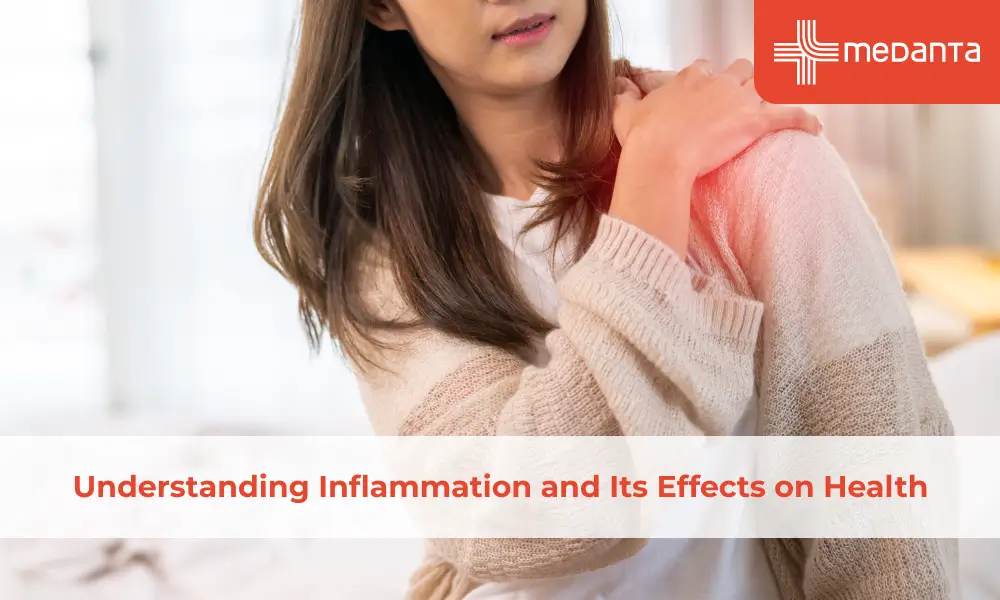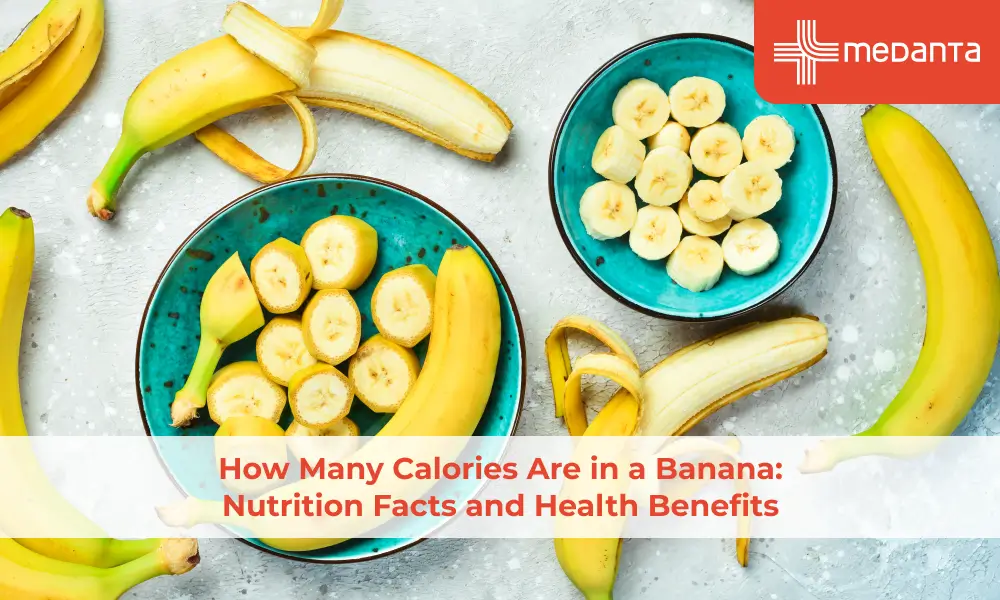Is Your Kid Under 5, This is How you can Protect them from Covid
The COVID-19 pandemic has affected everyone, especially young children under 5 years old, a vulnerable population. Kids usually get milder cases of COVID-19 compared to grown-ups, but they still can be in danger of getting severe sickness or side effects. In this blog, we will explore the risk factors for severe COVID-19 in kids, talk about the effect of the coronavirus on children and babies, and point out the signs of COVID-19 in kids. Most importantly, we'll give parents practical tips and steps to protecting their young children from COVID-19.
Risk Factors for Severe COVID-19 in Children
Kids under 5yrs old can be more vulnerable to serious COVID-19 if they have existing health problems, like asthma, obesity, weak immunities, or other underlying health issues. These conditions may weaken their immune systems and make them more susceptible to getting bad sicknesses from COVID-19. Kids with developmental issues or impairment may also find it hard to do preventive measures, like putting on masks or washing hands right, which could raise their danger of catching the virus.
Socioeconomic factors can also have an effect on the danger of severe COVID-19 in young children. Kids from poor families or cramped living situations may have limited access to healthcare, making it harder to get timely medical attention if they get the virus. Also, not having access to the right nutrition and other things can affect their health, making them more susceptible to serious sickness from COVID-19.
Impact of Coronavirus on Kids and Babies
Although most kids with COVID-19 have mild or no symptoms, severe cases, and hospitalisation can still happen, though not as often as adults. Babies and young kids, especially, could be in bigger danger of serious breathing difficulty because of their tinier airways and not as developed breathing systems. They might have difficulty expressing their symptoms, making it hard for parents or caregivers to recognize when they are ill.
One bad condition connected with COVID-19 in kids is Multisystem Inflammatory Syndrome in Children (MIS-C). MIS-C is an uncommon yet severe condition that can cause inflammation in various organs, like the heart, lungs, kidneys, brain, and digestive tract. MIS-C can cause symptoms like long-lasting fever, skin rash, red eyes, stomach ache, being sick, loose bowels, sore neck, and swollen hands or feet. It needs medical help quickly, and parents should be aware of these signs in their young kids.
COVID Signs in Children
The COVID signs in children can differ greatly, and some children might not show any signs at all. Common signs of COVID-19 in kids could be:
- Fever
- Coughing
- A runny nose
- A sore throat
- Hard to breathe
- Tiredness
- Body aches
- Headache
- No taste or smell
- Nausea or throwing up
- Diarrhoea
But some kids could have different symptoms or mild ones that can be mistaken for other common kids' illnesses.
Parents should be especially careful if their kid has been in close contact with someone who tested positive for COVID-19 or has been in an area with a high COVID-19 transmission rate. If a kid shows any signs or has been close to someone with COVID-19, it's important to talk to a healthcare worker for more checking and advice.
Besides the normal signs, parents should watch out for severe health problems in kids that need urgent medical help. These signs include trouble breathing, persistent pain or pressure in the chest, new confusion, inability to wake or stay awake, bluish lips or face, and severe abdominal pain. Prompt medical attention should be sought if any of these signs are observed in a child, as it may indicate a more severe case of COVID-19.
Practical Tips for Protecting Young Children from COVID-19
As a parent or caregiver, there are practical steps you can take to protect your little child from COVID-19. Here are some important tips to remember:
- Follow the preventive measures advised: The best defence against COVID-19 is good hygiene. Tell your kid to wash their hands with soap and water for 20 seconds often, especially when they've been out when they sneeze, blow their nose, or cough. If soap and water cant be found, use hand sanitizer that has at least 60% alcohol. Ensure your child covers their mouth and nose with a tissue or their elbow when they cough or sneeze, and get rid of used tissues correctly. Don't touch your child's face, especially their eyes, nose, and mouth.
- Encourage wearing masks: Kids under 2 should not wear masks due to the risk of suffocation, but kids 2 and up should wear masks in public settings where it is hard to keep distance or if suggested by local health officials. Help your kid get accustomed to wearing a face mask by making it enjoyable and employing kid-sized masks with vivid patterns. Show them how to put on, take off and look after their mask correctly so it works.
- Practise physical distance: Encourage your child to keep a 6 feet distance from people outside their house, especially in busy places or when around people who are sick. Stay away from big crowds or occasions where it's hard to stay apart.
- Stay informed and follow local guidelines: Stay up to date on the newest information and guidelines from local health authorities about COVID-19. Do what the advice says if someone in your house has been near Covid or tested positive.
Conclusion
To protect young kids from COVID-19, it is necessary to take a lot of measures, pay attention to signs of sickness, and mainly focus on their health. Kids under 5 years old may be at bigger risk of serious COVID-19 because of pre-existing health issues, developmental delays, or social-economic factors. By practising good hygiene, wearing masks and keeping their distance, keeping their space clean, staying up to date, and looking out for their health, parents and caregivers can take steps to lower the impact of coronavirus in kids and babies.






